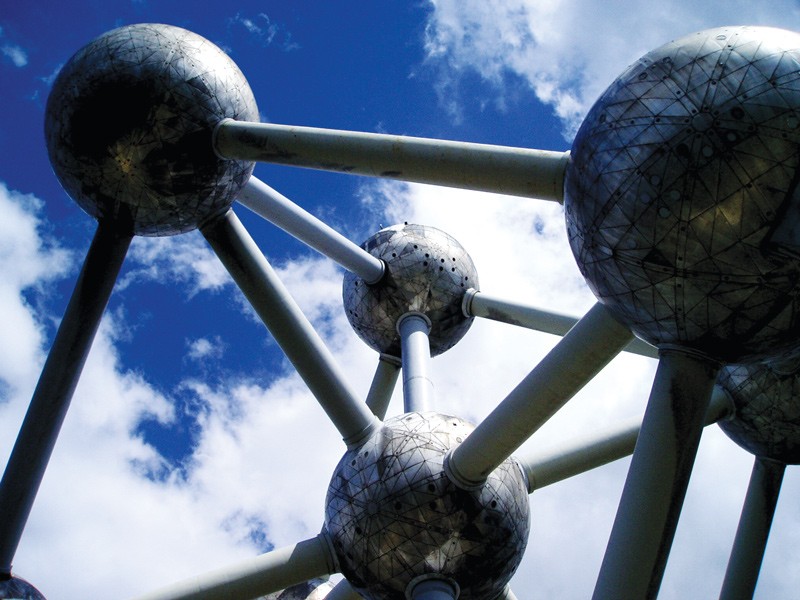The world is currently going through the greatest financial crisis since the 1930s. To reverse the economic crunch, central banks lowered the rate of interest to reverse the slowdown in credit availability, a popular economic policy. Such approaches are based on solid economic theories. However, the unique crisis could have really changed how economies react.
Stephen Piccinino (supervised by Professor Josef Bonnici) analysed the relationship between inflation and interest rates in the euro area between 1999 and 2011. The economic theory called the Fisher effect defines this relationship, and assumes that if a central bank injects money too quickly into an economy it would simply raise the rate of inflation.
From January 1999 to August 2008, the Fisher effect held true and the rate of inflation increased with the rate of interest in a one-to-one fashion. While between September 2008 and March 2011, this relationship fell apart due to intervention by the European Central Bank (ECB). The ECB lent retail banks large sums of money at favourable rates. It also removed limits on how much banks could borrow and reduced interest rates. These changes influenced the relationship between interest rates and inflation.
During this period, inflation rose faster than interest rates, which meant that money held in bank accounts had a lower return than in previous years. These findings mirrored the Federal Reserve’s policy interventions in the US between 1979 and 1982.
Find out more HERE.
This research was undertaken as part of a Bachelor of Commerce (Honours) in Economics.





Comments are closed for this article!